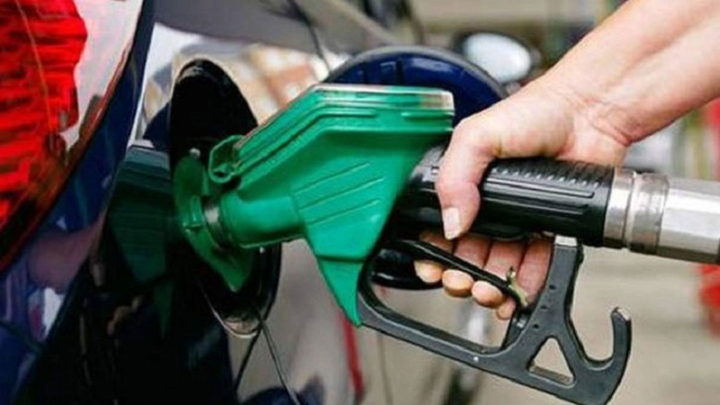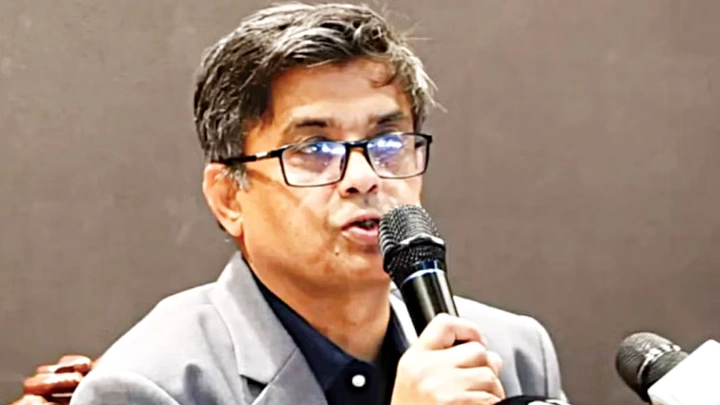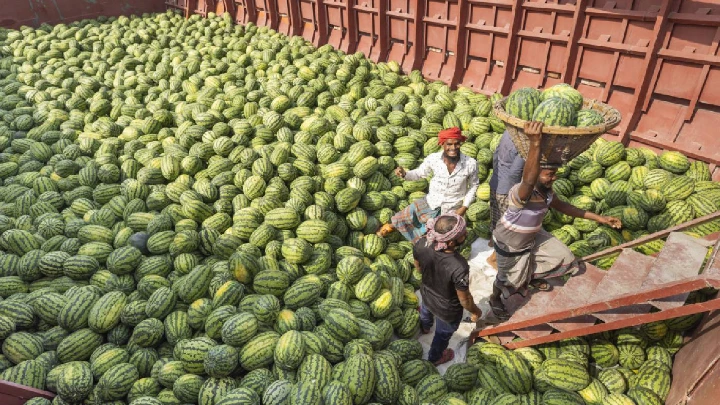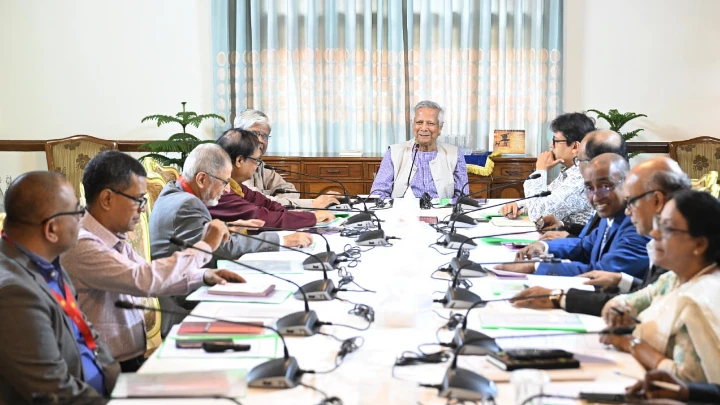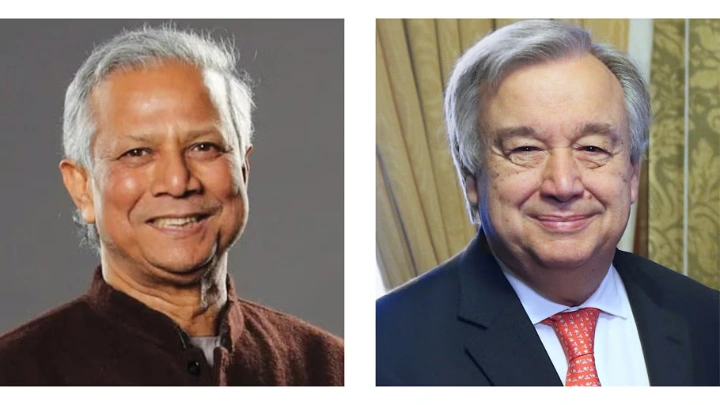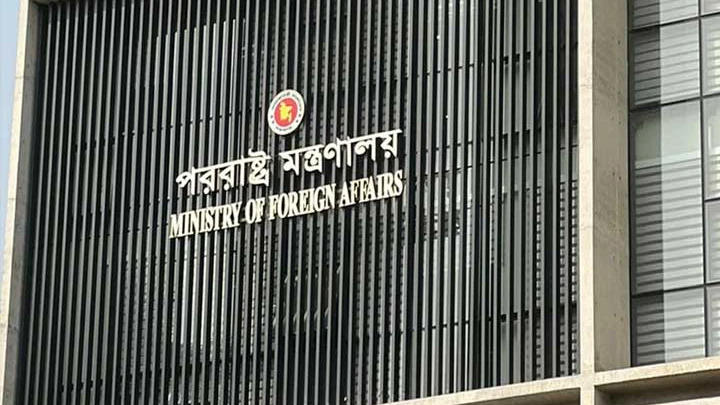Government bent on raising fuel prices by Tk 10-30 each litre
Shining BD Desk || Shining BD
The government is bent on raising fuel prices by Tk 10-30 each litre, despite vehement opposition from consumer rights groups and experts.
At a time when people are struggling with inflation, such a move will surely make transport costlier which in turn will cause another spell of price hike of essentials, economists said.
Top officials of the energy division told transport association leaders on Monday that the Bangladesh Petroleum Corporation (BPC) has been losing Tk 100.18 crore on average every day in June because of volatile prices in the international market.
There is no alternative to raising fuel prices, the officials told the meeting at the Biddyut Bhaban.
The BPC officials presented the possible effect on transport costs if fuel prices were raised by Tk 10 or Tk 20 or Tk 30. The estimation was based on what officials said were the effects of last November's diesel price hike by Tk 15 a litre.
According to the BPC, if diesel price was raised by Tk 10 a litre, the cost of commuting each kilometre by an individual in the capital and the port city would be Tk 2.23, up from the current Tk 2.15. For long-haul buses, the fare would be Tk 1.89 from the current Tk 1.80. Commuting costs would rise by Tk 0.16 and Tk 0.24 for each kilometre if diesel price was hiked by Tk 20 and Tk 30 respectively.
However, consumer rights groups said the rates fixed by the government are almost never followed by the transport companies and the people end up spending a lot more.
Nasrul Hamid, state minister for energy, presided over the meeting attended by officials of Petrobangla, BPC, BRTA, BIWTA and transport associations leaders and filling station owners.
Multiple individuals who attended the meeting told The Daily Star that the state minister said the government would set the transportation fare before announcing the new fuel prices.
In November 2021, after the diesel price was hiked, transport companies kept the vehicle off the roads for three days, causing people to suffer immensely. Transport operation regained normalcy after the government raised the fares.
This month, the average price of each barrel, about 159 litres, of diesel was $171, octane $148 and crude oil $115 in the international market.
The BPC claimed that it was losing Tk 36 and Tk 55.15 for each litre of octane sold at Tk 89 and diesel at Tk 80.
After refining crude oil, BPC now spends Tk 96.87 for a litre of petrol but sells it for Tk 86.
BPC annually imports 62 lakh tonnes of fuel, 72 percent of which is diesel, 4.8 percent octane and six percent crude oil.
Contacted, Prof M Shamsul Alam, energy expert and vice president of Consumers Association of Bangladesh, said the BPC or the energy division has no right to set fuel prices because the "BPC itself is a business organisation. We have earlier demanded a proper audit of the company… There are many anomalies and manipulations in their accounts."
He added that the association would sue the secretary of energy division and the chairman of Bangladesh Energy Regulatory Commission for not following the law.
Only the BERC has the legal right to set fuel prices, he said, adding that the association has a writ petition pending with the High Court in this regard.
Economist Zahid Hussain said the BPC has been making profit since fiscal 2014-15. "When you made profits, you didn't lower the prices, but when you are making losses, you want to hike the prices. It is not acceptable. People are already bearing the brunt of inflation."
The Daily Star
Shining BD

